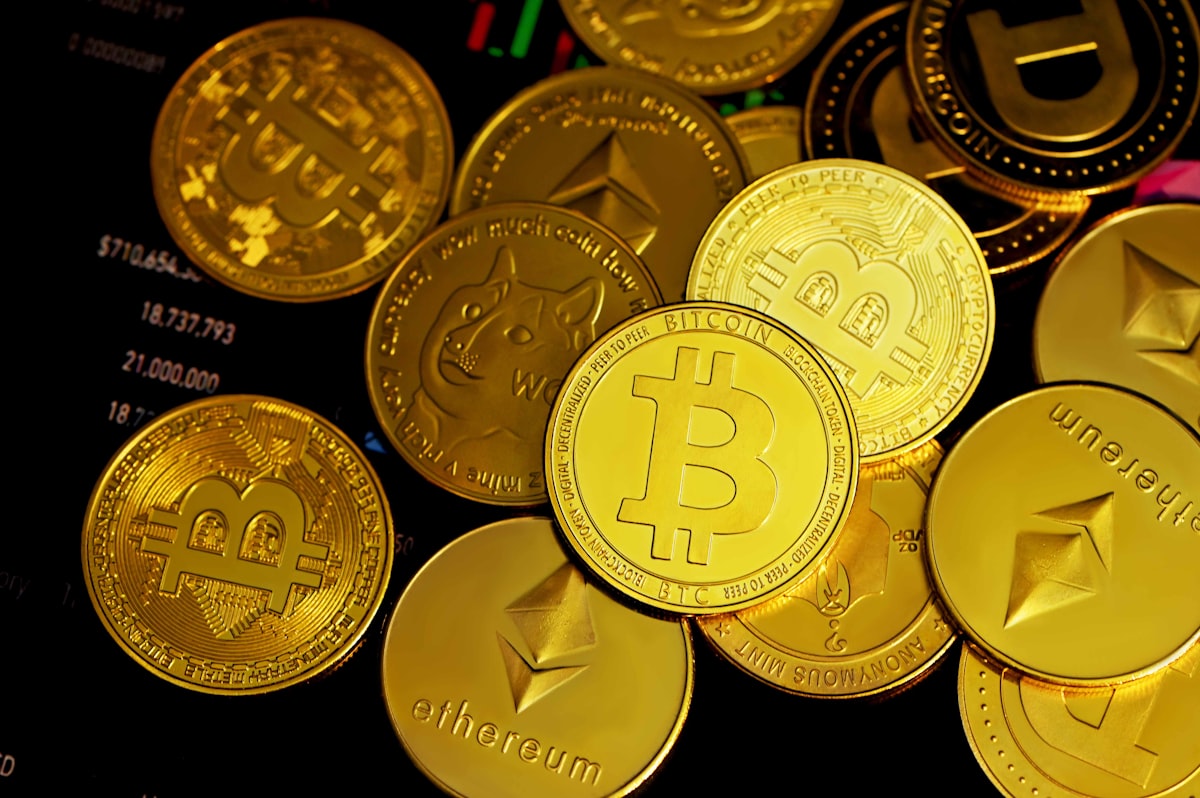Apple Removes Multiple Crypto Exchange Apps in India Amid Regulatory Scrutiny
Indian traders have been gravitating toward global cryptocurrency platforms to potentially evade taxes, as India started taxing virtual currencies last year, imposing a 30% tax on gains and a 1% deduction per crypto transaction.

Apple's App Store in India has removed the applications of several global crypto exchanges, including Binance, Kraken, Mexc, and Kucoin, following concerns raised by India's Financial Intelligence Unit (FIU) about these platforms operating "illegally" in the country. The FIU recently issued show cause notices to nine crypto firms, alleging non-compliance with India's anti-money laundering rules.
Among the affected exchanges are Huobi, Gate.io, Bittrex, and Bitfinex, while Bitstamp, another exchange flagged by FIU, remains operational on the App Store in India. These removals come after the FIU requested India’s IT Ministry to block the websites of these nine services.
Although the apps have been removed from Apple's App Store, they remain available on the Google Play Store in India, and their websites can still be accessed within the country. Apple has not yet responded to inquiries seeking comment on this issue.
While Indian exchanges like CoinSwitch Kuber, CoinDCX, and WazirX have strict know-your-customer verification processes for new users, many global platforms may not have enforced similar stringent procedures. This trend has resulted in a significant drop in trading volume on WazirX, reflecting a 97% decrease in two years as traders shift to global apps.
Ashish Singhal, CEO of CoinSwitch, stressed the importance of compliance with India’s Prevention of Money Laundering Act (PMLA) for offshore exchanges to operate in India. He called for greater regulatory oversight and suggested offshore exchanges register with FIU-IND and adhere to India’s Anti-Money Laundering (AML) and Combating the Financing of Terrorism (CFT) measures to ensure consumer protection.
The Indian crypto exchanges CoinDCX and CoinSwitch Kuber had previously warned that the country's new taxation policy on crypto might drive users toward decentralized exchanges or non-compliant services. CoinDCX announced incentives for customers transferring their crypto assets from global exchanges to its India-based platform.
India has a history of adopting a strict stance on cryptocurrencies and related companies. While the Reserve Bank of India had previously implemented a cryptocurrency ban, which was later overturned by the Supreme Court, the central bank continues to advocate against crypto, likening virtual digital assets to Ponzi schemes.




